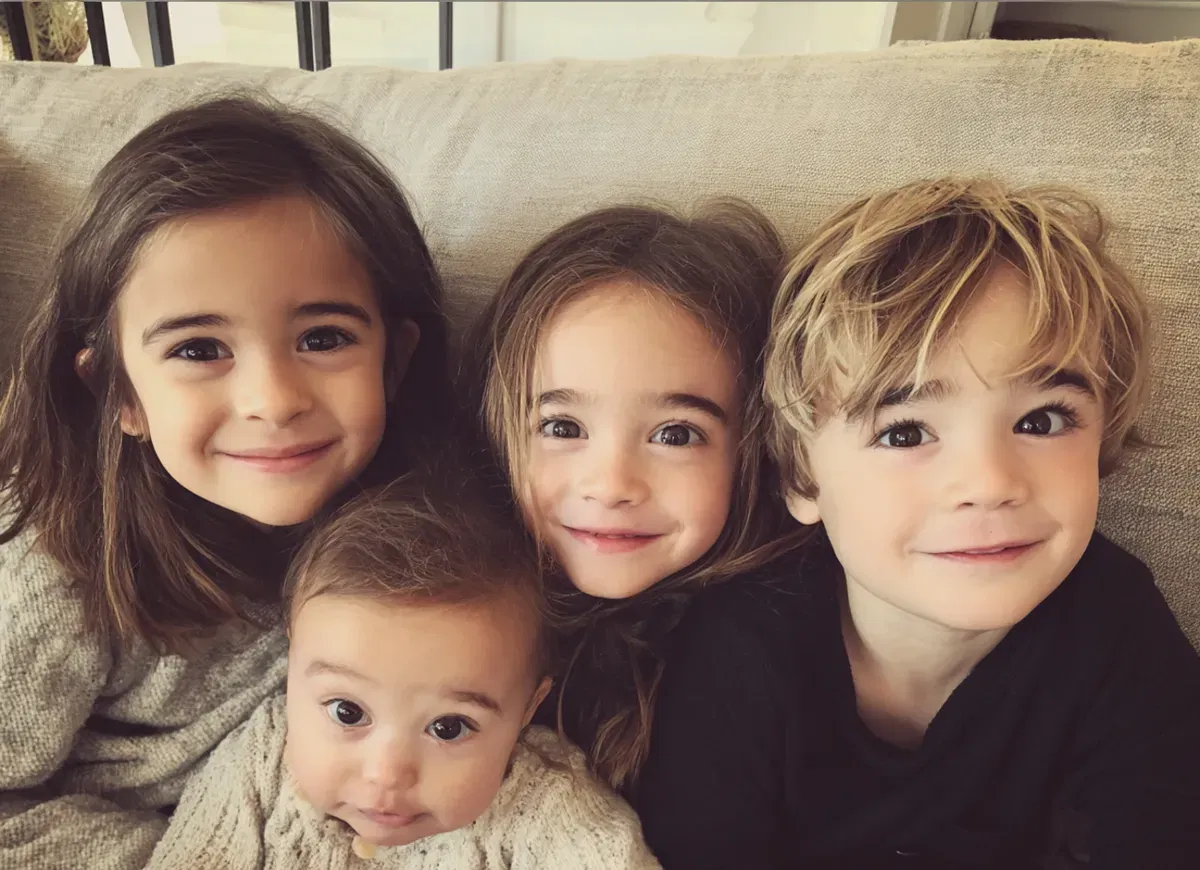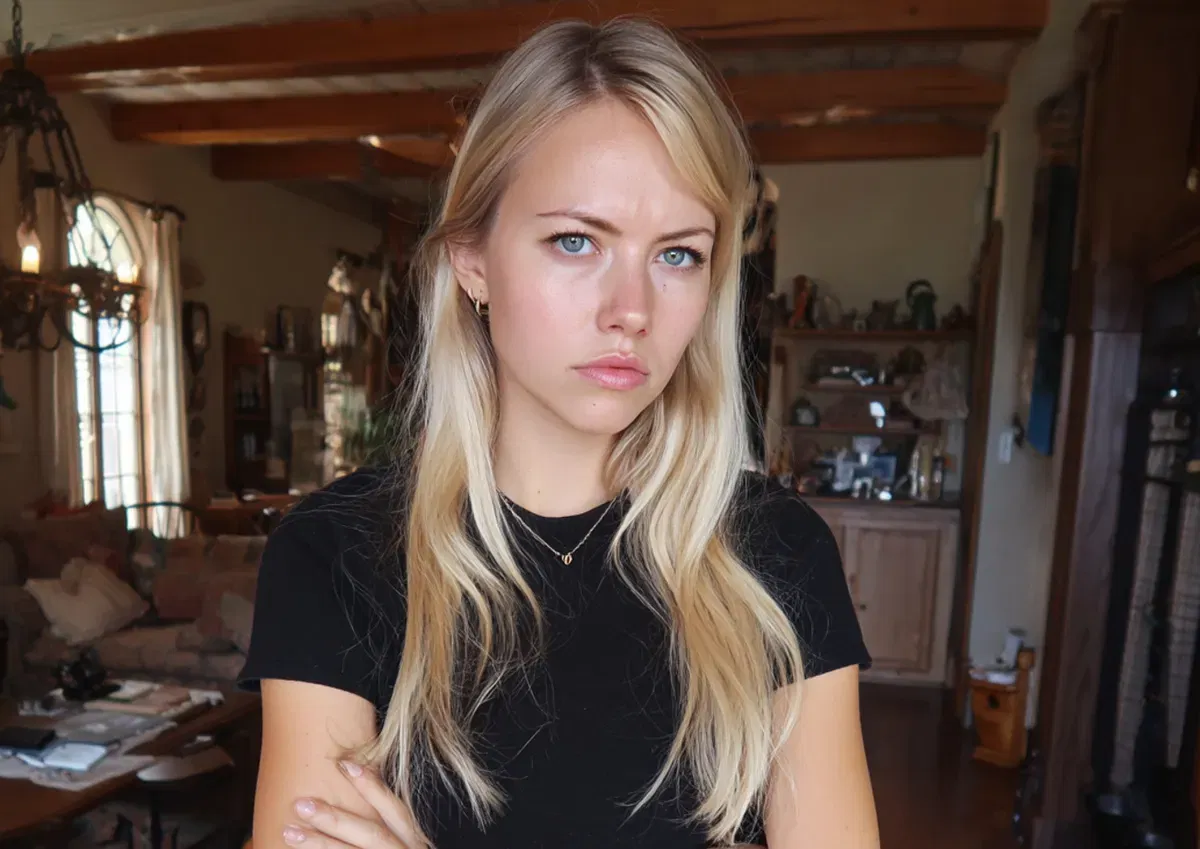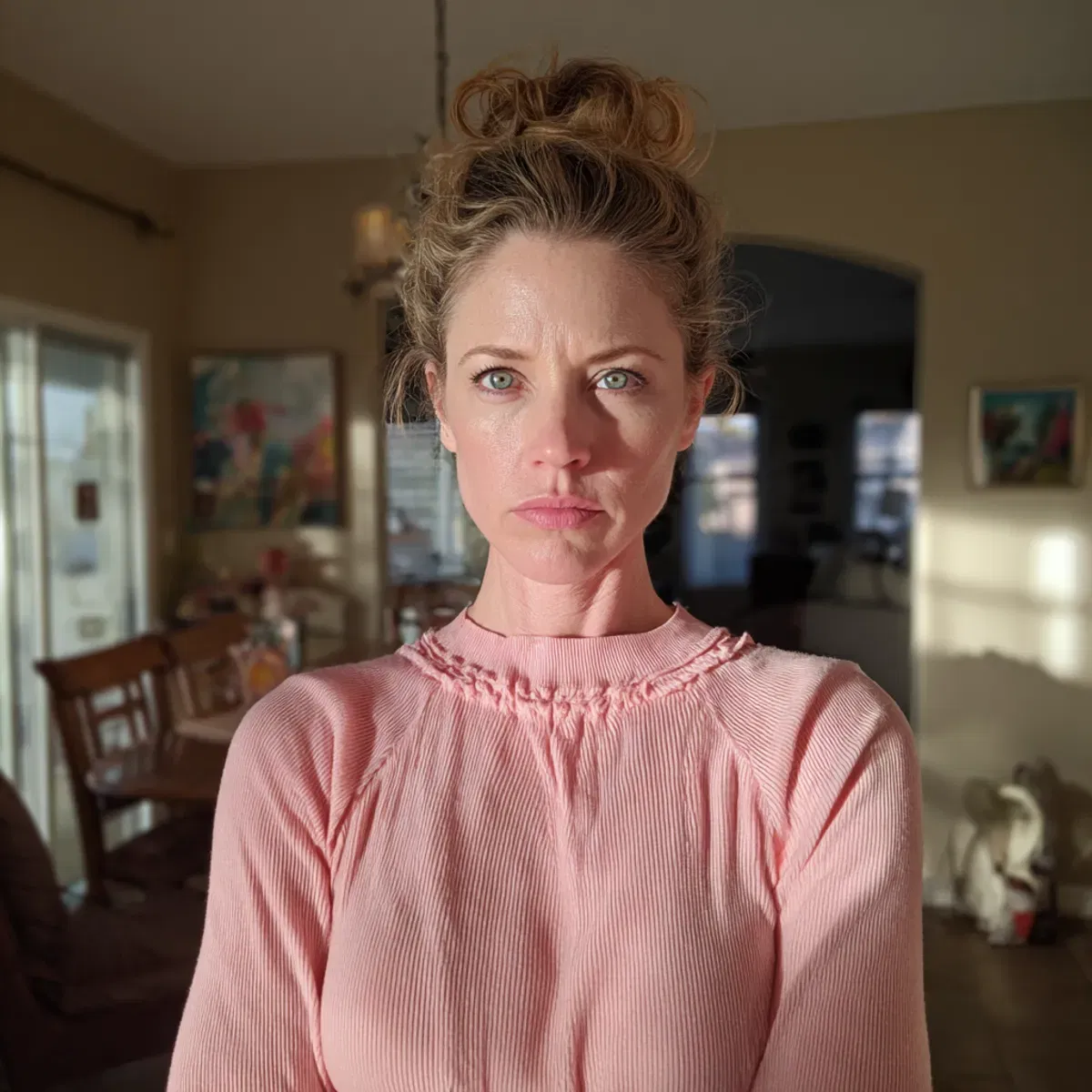When my Aunt Laura invited me to her ranch house for the holiday, I imagined relaxing under the stars, cold drinks, laughter, and maybe a good nap on their giant porch swing. It sounded like the ideal break. I even brought my best friend, Casey, hoping we’d enjoy the kind of weekend where stress didn’t follow you around like a shadow. I expected a peaceful Fourth of July weekend at my aunt’s ranch. What I got instead were toxic family assumptions and a night I won’t forget.
The house was beautiful. It had old charm, sun-faded fences, and the kind of open-air silence you only get in the countryside. Four guest rooms, one kids’ room, and plenty of room for adults, at least, that’s what I thought.
Families were trickling in, all familiar faces. My parents stayed home this time because my mom was sick. There were Aunt Claire and Uncle Brian, who earned the nickname “the baby cannons” thanks to their four kids under age five. Aunt Karen and Uncle Steve came with their teenage son Liam, who mostly lived behind his hoodie.
Then there was Uncle Ron, the emotionless one, whose idea of crisis management was watching a birthday candle light a napkin on fire and sighing, “Well, that’s done, then.”
So far, nothing too unusual.
Casey and I arrived excited, coolers in hand, boat trailer attached, ready for fun. The sun was shining, the air smelled like dry grass and charcoal, and we were ready to unwind.

But the moment we set our bags down, everything changed.
Aunt Claire showed up in the hallway with a stack of tiny pajamas. “You girls will sleep in the kids’ room,” she said, like she was offering us luxury spa beds instead of bunk beds soaked in toddler tantrums.
I blinked. Casey’s smile froze.
“Wait… with the kids?” I asked.
“Yes,” my aunt replied, already halfway to the kitchen. “Tom and Laura have the master, Steve and Karen are in the guest suite, Liam needs quiet, and Ron’s in the den. The baby room’s all yours.”
It was so matter-of-fact. Like I had been part of the plan from the beginning. But no one had warned me I was expected to share space with four toddlers who still cried for juice at 3 AM.
I felt my mood shift. I didn’t come here to play unpaid nanny while everyone else pretended not to hear baby monitors. I came to breathe, not lose sleep over diaper changes and bedtime meltdowns.
“I think Casey and I will take the couch,” I said, keeping my voice even.
Aunt Claire gave me a sharp look, then walked off. Dinner followed shortly, but there was tension in the air. No one made eye contact. Conversations felt forced. It was as if everyone knew something but refused to speak it out loud.
Later that evening, Casey and I curled up on the couch with a throw blanket and turned on the TV. We needed something light, something fun. Maybe aliens, maybe scandals. Anything to escape the weird energy.
We had just started relaxing when the storm hit.
Suddenly, Aunt Claire marched into the room. Her face was flushed with anger. She yanked our blankets and flung our pillows.
“You don’t get to lounge around like queens!” she shouted. “Either help or leave! You thought this was a vacation? This is family!”
Silence fell across the room. Family members peeked out from behind doors but said nothing. No one defended us. Not even Uncle Ron, who stood chewing in the corner like a ghost with snacks.
I felt like I’d been slapped. Not physically, but emotionally. The disrespect, the entitlement, it was overwhelming.
I looked at Casey, whose face had gone pale.
And I spoke.
“We’ll leave, then.”

We moved slowly, almost like we were in a trance. We packed our coolers, folded blankets, hooked up the boat trailer, and zipped our bags. The night was quiet except for the distant sound of fireworks. Not a single person followed us outside.
I didn’t cry. I just drove.
I had already texted an old college friend on the way out. She had a lake house an hour away.
“Come through, Riles!” she replied. “We’ve got burgers and drinks ready.”
By the time we pulled up, it was close to midnight. The lake shimmered, and people waved from the dock. I felt welcomed. Wanted.
For the first time all day, I breathed.
We laughed, we ate, and we stayed up late watching the sky light up with fireworks that didn’t feel forced or fake.
“This is the best Fourth of July I’ve had in years,” Casey whispered.
And she meant it.
No kids screaming. No guilt trips. No silent stares. Just music, sparklers, hot dogs, and kindness.
The next morning, my phone lit up with 50 missed calls. The texts were wild.
“Where are the snacks, Riley?”
“You left us without drinks?”
“How dare you abandon your family?”
Except… I had bought everything. I brought the food, the desserts, and the drinks. No one had asked, I had just contributed out of habit. And suddenly, it felt like they didn’t even notice me. They just noticed what they thought they lost when I left.
That’s when I understood.
They didn’t want me. They wanted what I brought. And when I stopped giving, I stopped mattering.

A week later, Aunt Laura sent an email titled “Disappointed.”
She said she thought I understood the meaning of family. They only expected a little help.
So I sent her a Venmo request for half the groceries. No message. Just a clean label: “Shared holiday food.”
She declined it with a one-word reply.
“Wow.”
That word hurt more than it should’ve. It was smug. Dismissive. Like I had broken some invisible rule no one told me about.
I almost wrote back. I typed out a paragraph about respect, about how help should be asked for, not expected. About how “family” isn’t a free pass to take people for granted.
But I deleted it.
I muted the group chat. Closed the email. Then I went outside.
Toxic family assumptions don’t define who I am or what I owe.
Help should come from love, not guilt. Contributions should be thanked, not demanded. And being the youngest adult doesn’t mean I’m there to clean up everyone’s emotional messes.
I love my family, but love without boundaries becomes a cage.
This year, I’ll watch fireworks from somewhere quiet. Maybe with Casey. Maybe with music we both love. Definitely with a cooler full of drinks and no one screaming about paper plates. That’s the tradition I want to keep.